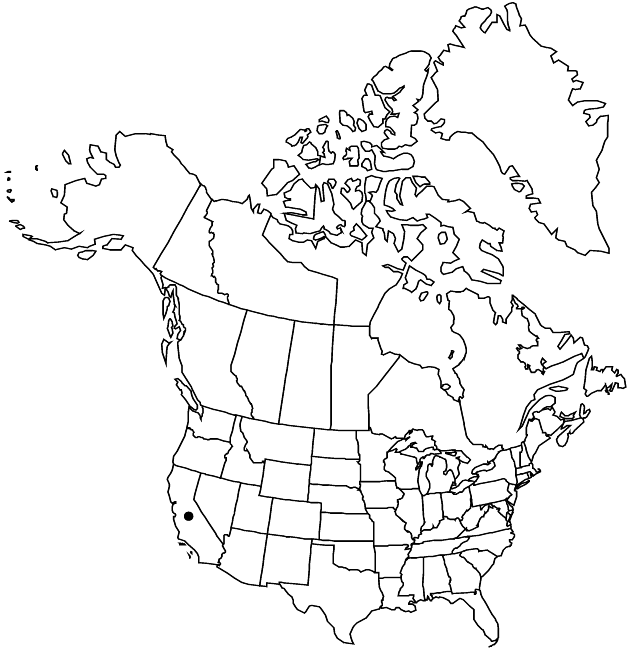Difference between revisions of "Leucanthemum lacustre"
Lista Espécies Herb. Português, 132. 1913.
Common names: Portugese daisy
Introduced
Basionym: Chrysanthemum lacustre Brotero Fl. Lusit. 1: 379. 1804
FNA>Volume Importer |
imported>Volume Importer |
||
| (2 intermediate revisions by 2 users not shown) | |||
| Line 8: | Line 8: | ||
}} | }} | ||
|common_names=Portugese daisy | |common_names=Portugese daisy | ||
| + | |special_status={{Treatment/ID/Special_status | ||
| + | |code=I | ||
| + | |label=Introduced | ||
| + | }} | ||
|basionyms={{Treatment/ID/Basionym | |basionyms={{Treatment/ID/Basionym | ||
|name=Chrysanthemum lacustre | |name=Chrysanthemum lacustre | ||
| Line 30: | Line 34: | ||
|elevation=0–50 m | |elevation=0–50 m | ||
|distribution=Calif.;Europe (Portugal). | |distribution=Calif.;Europe (Portugal). | ||
| + | |introduced=true | ||
|tables= | |tables= | ||
|references= | |references= | ||
| Line 52: | Line 57: | ||
|publication title=Lista Espécies Herb. Português, | |publication title=Lista Espécies Herb. Português, | ||
|publication year=1913 | |publication year=1913 | ||
| − | |special status= | + | |special status=Introduced |
| − | |source xml=https:// | + | |source xml=https://bitbucket.org/aafc-mbb/fna-data-curation/src/2e0870ddd59836b60bcf96646a41e87ea5a5943a/coarse_grained_fna_xml/V19-20-21/V19_978.xml |
|tribe=Asteraceae tribe Anthemideae | |tribe=Asteraceae tribe Anthemideae | ||
|genus=Leucanthemum | |genus=Leucanthemum | ||
Latest revision as of 19:57, 5 November 2020
Perennials, 30–120(–200+) cm. Stems simple or distally branched. Basal leaves: petioles 30–60+ mm, expanding into lanceolate blades 50–100+ × 15–30+ mm, margins not lobed, usually toothed, sometimes entire. Cauline leaves ± petiolate or sessile; blades elliptic to oblanceolate, 30–120+ × 12–25(–35+) mm, margins of mid-stem leaves usually entire proximally, regularly serrate distally. Involucres (18–)25–35 mm diam. Phyllaries (the larger) 3–5 mm wide. Ray florets 21–34+; laminae 20–25(–35) mm. Ray cypselae 3–4 mm, apices usually auriculate adaxially. 2n = 198.
Phenology: Flowering spring–summer.
Habitat: Disturbed places, meadows, seeps, clearings
Elevation: 0–50 m
Distribution

Introduced; Calif., Europe (Portugal).
Discussion
Selected References
None.
Lower Taxa
None.